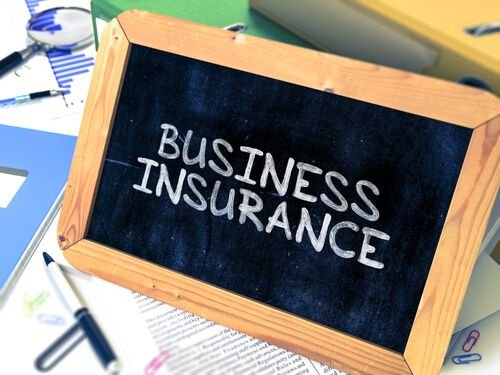Small Business Insurance
If you are looking for a small business insurance, there are a few different types to look into. These include commercial property, Errors and omissions insurance, and business interruption.
General liability
General liability insurance for small business is a vital part of risk management. This insurance covers the costs of property damage and medical expenses related to bodily injury. It also provides protection against other liabilities.
The cost of general liability insurance for small business varies from place to place. Newer businesses are more likely to be charged higher premiums. Insurance companies consider things like the size of a business’ premises and the number of employees to calculate premiums. Similarly, the cost of a claim versus the policy’s dollar limit can be important.
If your business meets certain criteria, you may qualify for a business owners policy (BOP). BOPs typically include both general liability and business property coverage. They can be a good option for income protection, as well.
A general liability insurance policy usually has a $2 million maximum for claims during the policy’s lifetime. However, you can purchase additional endorsements to your policy.
For example, you can get a professional liability insurance policy that will protect you from lawsuits involving errors and omissions. You can also buy a contractor’s liability insurance policy that will cover contractors from financial distress.
Commercial property insurance
Small business commercial property insurance provides protection for the physical assets of a business. This includes building, inventory, equipment and more. A policy can also help cover the costs of repairs and replacement of these assets. Having adequate coverage can protect your company from future complications and allow your business to expand.
When choosing a small business commercial property insurance policy, it’s important to understand what’s covered. Your insurance broker or agent will be able to discuss this with you. Typically, the policy includes a set of exclusions. Exclusions can be absolute or accompanied by exceptions.
The most important thing to consider when purchasing a policy is the coverage limits. Blanket limits are preferred. These offer greater flexibility and are generally recommended over single limits.
Other factors to consider when selecting a policy include the size of your business, the industry you’re in and the age of your property. Some policies may also include a deductible. You should ask your insurance agent about deductibles and how they affect the premium.
Business interruption insurance
If you own a small business, you may want to consider purchasing business interruption insurance. This coverage is designed to replace your lost income and pay your other expenses during a temporary shutdown. It is especially important for businesses that rely on physical assets for their revenue.
When you get a business interruption policy, you should check the fine print. Most policies will only cover you for a limited period of time. You should also compare rates from several companies. Some carriers offer longer restoration periods.
The amount of coverage you get will depend on the size of your business and the value of your property. For example, a restaurant will likely have a higher premium than an apartment building.
Business interruption insurance is often bundled with property and general liability insurance. You can add riders like communicable disease protection to your policy. These can save you a lot of money.
Typically, the coverage will be tied to the value of your commercial property. If your property is damaged or destroyed, you will need to pay for extra expenses to restore your business.
Errors and omissions insurance
Errors and omissions insurance is a type of business liability insurance that protects business owners against claims of negligence, oversight, or mistakes. These claims can result in court judgments, legal defense costs, and other related expenses.
The cost of errors and omissions insurance depends on the industry, the policy limit, and the risks associated with that particular industry. A marketing agency that has an annual revenue of $50,000 could expect to pay about $300 a year for E&O insurance. However, medical professionals who have been involved in lawsuits may pay much more.
Small businesses can be especially susceptible to client lawsuits. Dissatisfied clients have the right to sue for many reasons. They may be disappointed with a service, they may have failed to disclose a defect in their home, or they may be seeking a diminished value. All of these causes of lawsuits can be devastating for businesses, but errors and omissions insurance can help prevent out-of-pocket expenses.
Errors and omissions coverage can also provide protection against the legal costs of a professional liability lawsuit. It also provides peace of mind for business owners and allows them to focus on their growing business.

